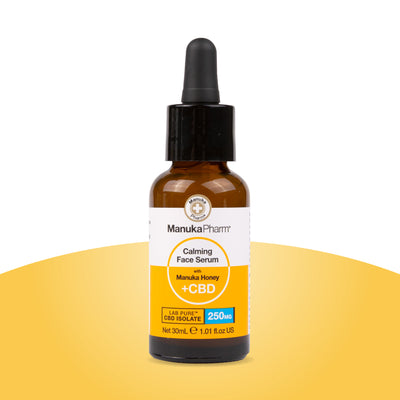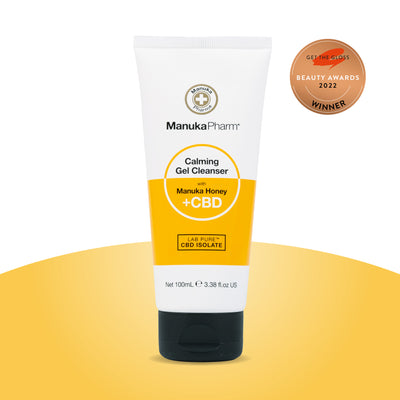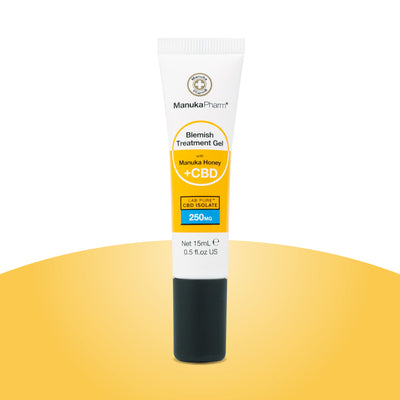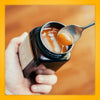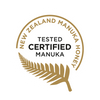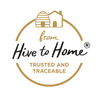Rosacea: Everything you need to know
While scientists are still trying to get to the root cause, there are several well-known triggers that can lead to a flare-up, including alcohol, caffeine, sun exposure, stress and spicy food. Triggers vary from person to person and so does rosacea’s appearance. For some, it can be flat redness and flushing while for others, it can manifest as inflamed bumps and broken blood vessels.
As well as physical symptoms, studies have found that patients with rosacea have higher incidences of embarrassment, social anxiety and depression compared with the rest of the population5. While further research is needed to help understand the condition, there are several steps that can be taken to help reduce redness and in turn, improve confidence.
1. Identify your triggers
Keep track of your diet and the products you’re using to see if you can identify a pattern when rosacea flare-ups occur. If there is a suspecting trigger (like alcohol or sugary foods), try eliminating it and take note of how your skin responds. It’s also worth noting that UV rays and HEV light (emitted from computer screens) can trigger inflammation so be sure to invest in a broad-spectrum SPF that protects against blue light, too.
2. Speak to a dermatologist
There are various prescriptive medications available that can help treat rosacea. Rhofade cream is often recommended by dermatologists, and it works by narrowing the blood vessels in the face, reducing redness.
Prescribed antibacterial topical treatments can also help. Ivermectin 1% cream has been found to reduce inflammation and kill Demodex mites that are more prevalent on the skin of those with rosacea4.
3. Support your gut
Several studies suggest that there’s also a potential link between gut inflammation and rosacea6. For instance, one study reported improvement in rosacea following treatment of intestinal bacterial growth7. To help maintain a healthy microbiome, experts recommend consuming foods rich in probiotics and prebiotics or taking supplements.
4. Invest in calming skincare
A gentle skincare routine is key. Avoid acids, retinol, heavily fragranced products as well as cleansers that lather up – all of which can increase skin sensitivity and exacerbate dryness. Instead, go for calming concoctions rich in antioxidants, anti-inflammatory properties as well as moisture. The key here is to strengthen and support the skin’s barrier while steering clear of anything that can aggravate it further.
Ceramides can help lock in moisture, while CBD has been found to reduce inflammation. Find it in Manuka Pharm’s Calming Face Serum, £15, a lightweight fragrance-free formula that’s loaded with CBD isolate as well as ecoskin (a pre/probiotic complex) and monoammonium glycyrrhizinate to help reduce redness. As for cleansers, try Manuka Pharm’s Calming Gel Cleanser, £15, that gently takes off the day with a milky texture that’s laced with moisturising manuka honey and calming CBD isolate.



